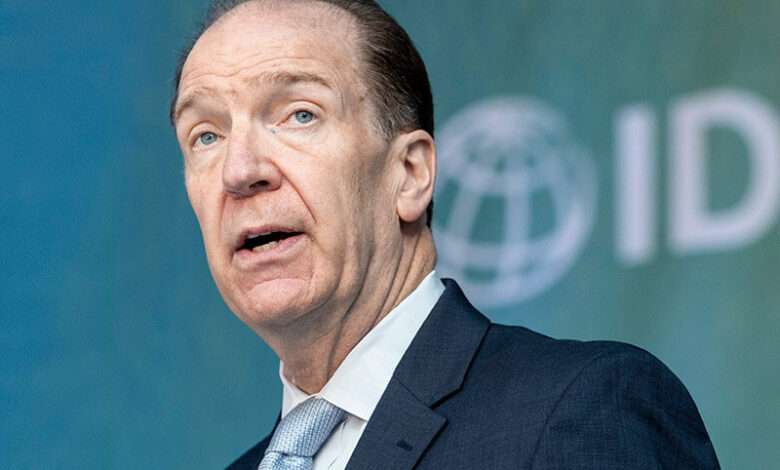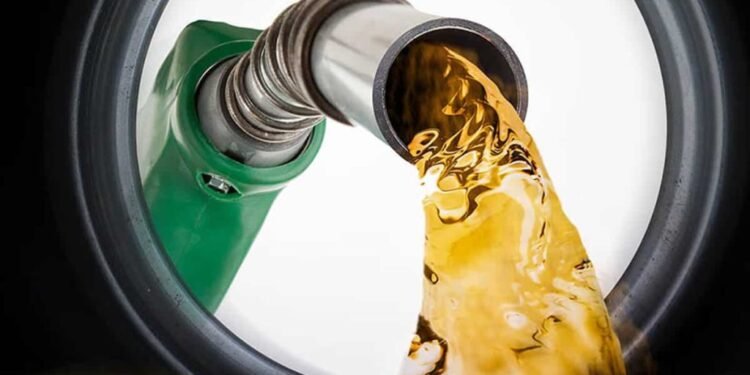The World Bank has disclosed that the status of global wealth has increased, but this growth is at the detriment of future developments.
In its 2021 report on ‘Changing Wealth of Nations’, the Bank highlighted that the overall global wealth grew massively between 1995 and 2018. And as it stands “middle-income countries are catching up to high-income countries”.
Meanwhile, the report states that the general growth experienced has been accompanied by unsustainable management of some natural resources.
According to Ms. Mari Elka Pangestus, World Bank Managing Director for Development Policy and Partnerships, “a deeper and more nuanced understanding of the sustainability of wealth is crucial to a green, resilient, and inclusive future”.
“It is essential that renewable natural capital and human capital are given the same importance as more traditional sources of economic growth, so that policymakers take steps to enable long-term prosperity.”
Ms. Mari Elka Pangestus
Touching on immediate gratification from exploiting natural resources, the report states that countries that are depleting their resources in favour of short-term gains are putting their economies on an unsustainable development path.
Per the report, low and middle-income countries experienced an 8 per cent decline in their forest wealth per capita from 1995 to 2018, reflecting significant deforestation.
Similarly, the value of global marine fish stocks collapsed by 83 per cent due to poor management and overfishing over the same period, according to the report.
Mispricing of natural resources
As stated by the report, mispricing assets like carbon-emitting fossil-fuels, can lead to the overconsumption and overvaluation of these resources.
“Development can be put on a more sustainable path by taking a comprehensive view of wealth and putting in place policy measures including carbon pricing to better value and nurture assets such as forests, mangroves, and human capital.”
World Bank
Also, Ms. Pangestus stated that by neglecting the impact of pollution and global warming, “fossil fuel assets have historically been overvalued, while assets that contribute to climate mitigation, like forests, are undervalued”.
Touching on wealth inequality, the report stipulates that the global wealth inequality continues to grow as low-income countries’ share of global wealth has changed trivially between 1995 to 2018.
This, according to the report, remains below 1 per cent of the world’s wealth, despite low-income countries having around 8 per cent of the world’s population.
“Over one-third of low-income countries saw declining wealth per capita. Countries with declining wealth tend also to be degrading their base of renewable natural assets.
“For low-income countries, appropriately managing renewable natural capital, which accounts for 23 per cent of their wealth, remains crucial.”
World Bank
Trends across various regions
Sub-Saharan Africa, for instance, the report reveals, has witnessed an increased growth over the last two decades, but these rates are lower compared to other regions.
“Eleven countries in Sub-Saharan Africa saw stagnating or even declining wealth per capita between 1995 and 2018 as population growth outpaced net growth in asset values.”
World bank
Similarly, the Middle East and North Africa experienced wealth increase in the past two decades, but to a lesser extent than the regional GDP over the same period.
Likewise, East Asia, the Pacific, South Asia, Latin America, and the Caribbean experienced increase in wealth over the period under consideration.
However, “wealth in Europe and Central Asia, which includes Western Europe for the purpose of this report, has increased 45% since 1995”.
The World Bank stated that the indicators in the report were derived from measuring the economic value of renewable natural capital, non-renewable natural capital, human capital, produced capital, and net foreign assets.
Also, the report “for the first time, presents accounts for major components of blue natural capital: mangroves and marine capture fisheries, which are a critical part of total wealth for some countries”.
READ ALSO: Informal Sector Encouraged to Subscribe to Pension Scheme – NPRA



















